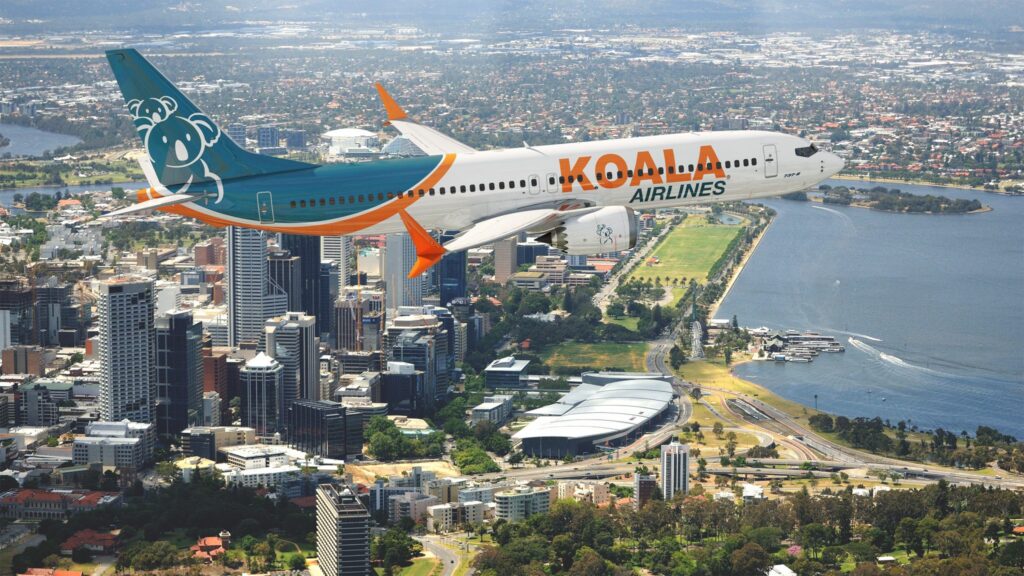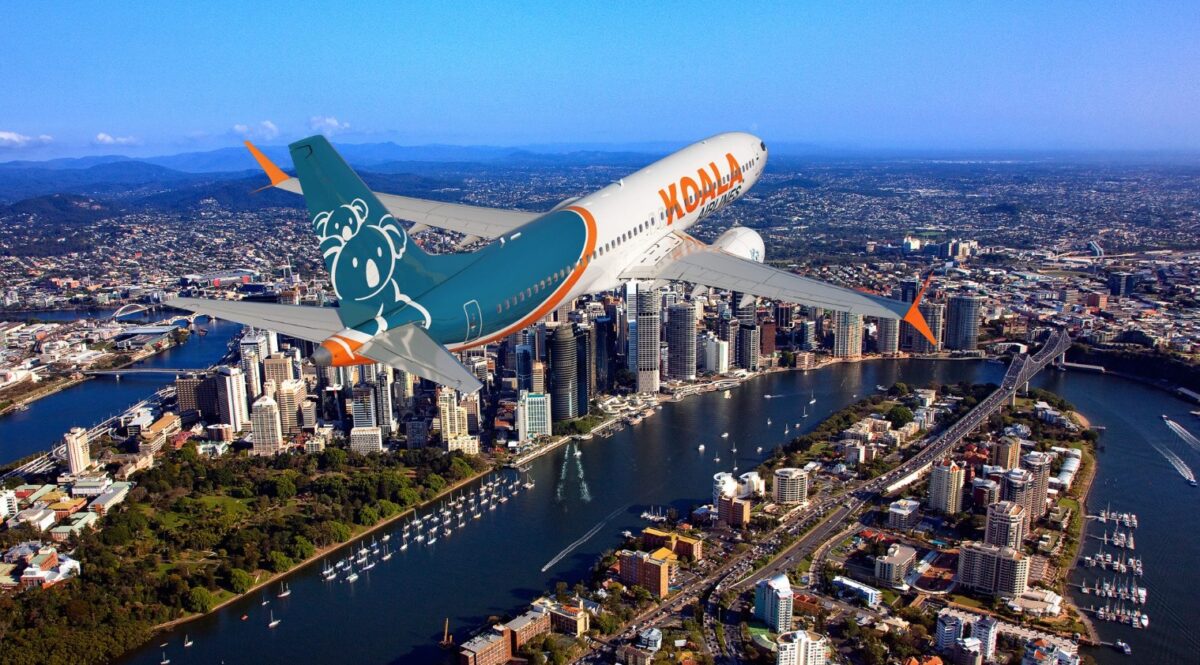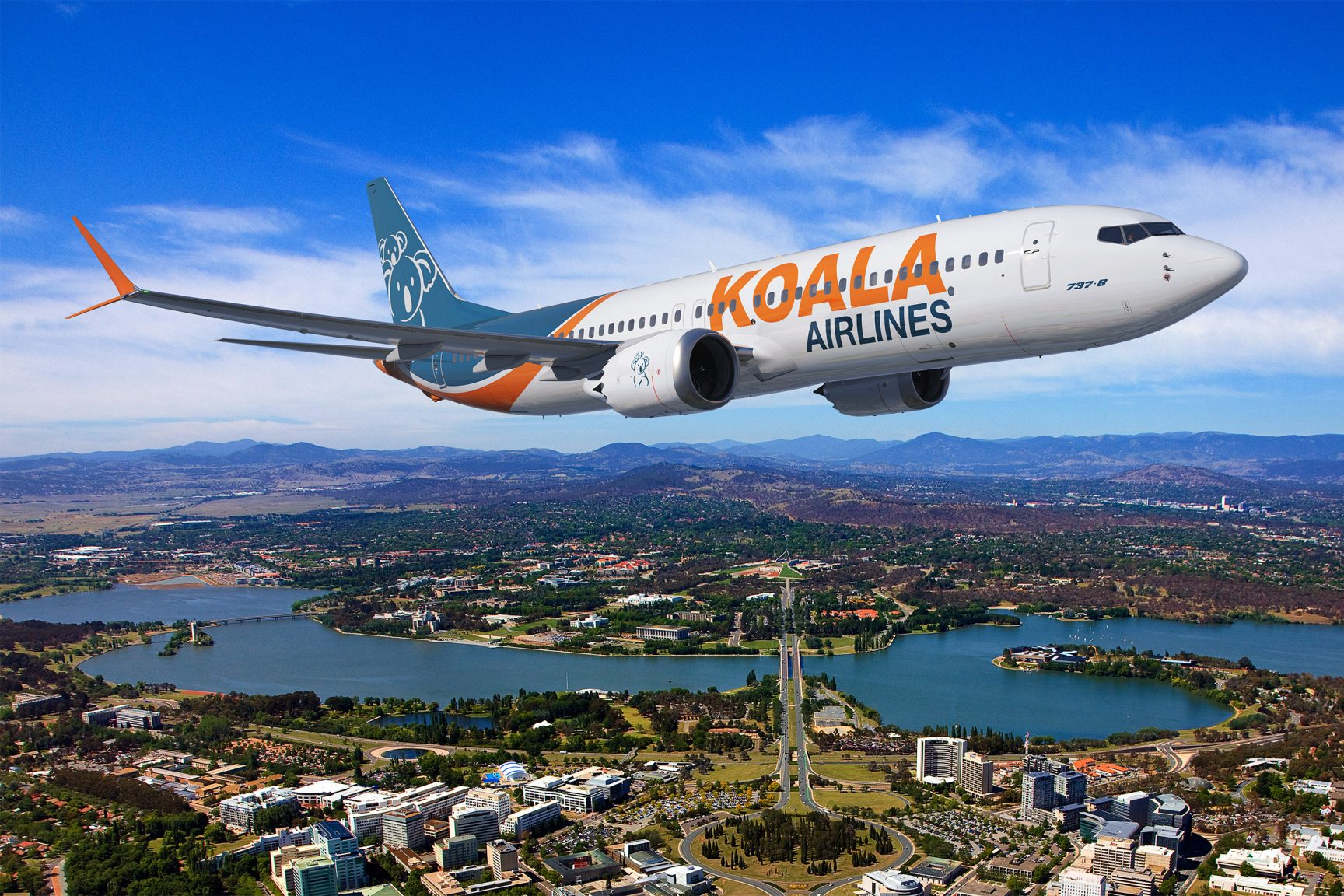Australian proposed startup carrier Koala Airlines is facing its biggest hurdle to date, as on Wednesday, January 22, 2025, representatives from the company will appear in the Supreme Court of the state of Victoria to face a winding-up petition filed by one of the carrier’s creditors. Failure to either appear at the hearing or to respond substantively to the petition could result in the nascent airline facing closure and being removed from the Australian Register of Active Companies.
The creditor, identified in court papers as Wealth Creation Ltd, lodged the application with the Australian Securities and Investments Commission (ASIC) against Koala Airlines Pty Ltd on December 20, 2024, with a hearing set for 14:15 local time on January 22, 2025. At the time of writing, the hearing is still scheduled to proceed as planned.
To defeat the petition, Koala Airlines would either have to reach a settlement with the applicant creditor either before (or possibly during) the hearing itself or persuade the court that it has sufficient funds available to settle the debt and continue to trade, at least in the short term. However, given that a month has already passed since the filing of the petition seemingly without resolution, then either outcome would appear to be unlikely at this stage.


Koala Airlines had proposed to pick up the mantle where Bonza left off in April 2024 when that airline went into administration and ceased operations. The carrier proposes to operate a fleet of Boeing 737 MAX 8 jets on trunk routes across the country, ostensibly taking on the duopoly of Virgin Australia and the Qantas Group (which includes Jetstar) in the Australian domestic market.
According to its website, Koala Airlines was founded in 2018 by travel industry veteran Bill Astling. It purchased smaller Australian airline Desert Air Safaris in 2019 to use as a springboard to commence commercial passenger operations.
Based in the southern city of Melbourne, Koala Airlines hopes to commence operations in 2025, and according to the carrier, its strategy would “fundamentally differ from previous entrants in a domestic market which has been long dominated by two major airlines since the Australian government first introduced the Two Airline Policy in 1952.”
Under this policy, only two airlines were previously allowed to operate flights between state capital cities and between capitals and nominated regional centers in Australia. It was not until 1990 that the government relaxed the policy to allow competition in the market.
The airline adds that while many new low-cost carriers have entered the market since 1990 and focused solely on offering cheaper fares, almost entirely leading to unsustainable competition, it will instead take a more innovative route. The carrier states its goal is “to carve out a unique niche that enhances the industry landscape without disrupting existing standards by creating a lasting impact on the industry.”


Koala Airlines had been aiming to carve out that niche in a market that has become something of an airline graveyard over the years, with many companies trying and failing to make their mark on the domestic airline scene in Australia. Although the most recent casualties were Rex and Bonza in 2024, the history books are littered with the remains of carriers such as Compass, Impulse, Ozjet, Strategic Airlines, and Ansett who have all attempted to establish themselves in the market but failed.
Some analysts tend to believe that the Australian aviation market is too concentrated and saturated by the two incumbent carriers to sustain a third carrier. However, others have always contended that a well-financed capitalized low-cost carrier with the right aircraft fleet and route network could still establish a niche for itself. Yet, history shows that numerous airlines of various sizes and formats have had a go over the years, yet all of these projects have come to nothing.
Time will tell whether Koala Airlines survives the winding up hearing, lives on and finally takes to the air or if it joins the slowly lengthening list of failed Australian airlines that has developed over the decades.

